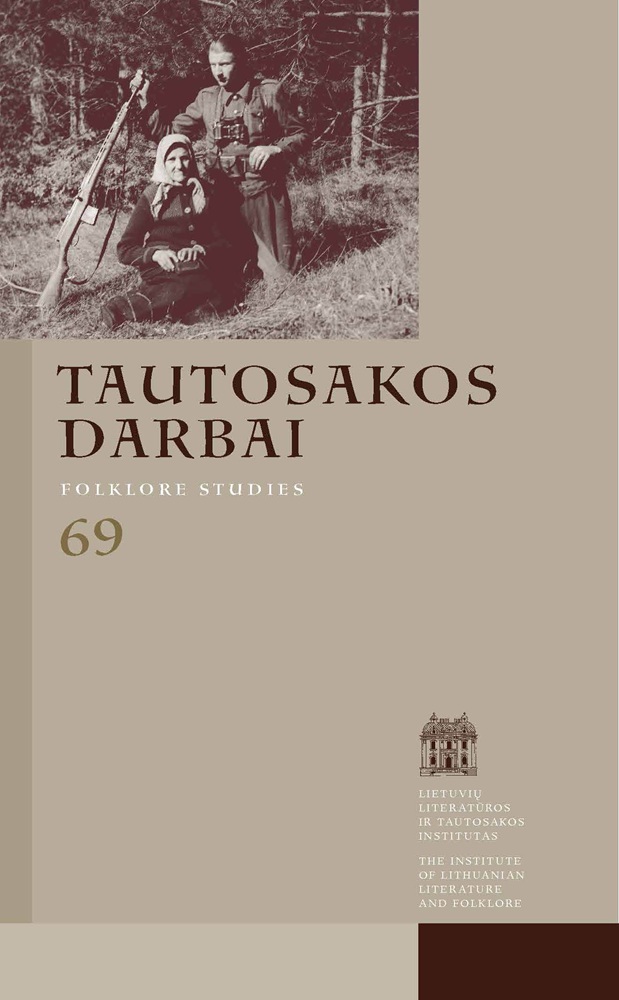“Maybe They Really Were Collaborators and Got Attacked?” (Non)recollections of Collaboration and the Memory Work of Different Generations in the Families
Abstract
The author of the article discusses the relationship between collective memory and memory in the families in the context of issues of collaboration with the Soviet regime, presenting theoretical and methodological assumptions that enable the analysis of the symbolic work of memory performed by three generations in sixteen Lithuanian families – grandparents who remember the entire Soviet era, parents who were born and raised during this period, and grandchildren who grew up after the “break” in the 1990s. The text emphasizes issues of (implied) collaboration that arise when family members reflect on their experience of contact with the partisan war (1944–1953) and direct or indirect confrontation with the Soviet security structures. It is based on the assumption that family members encounter dominant meanings of the occupation and the repression-based regime, embedded in the collective memory and indicating how this period of the past should be remembered and evaluated. Memories related to collaboration issues force different generations to rethink their experiences and attitudes, their current assessment of them, and young family members to reflect “which side” they were on. The analysis allows us to better understand the multi-layered nature of the issues of collaboration with the Soviet regime discussed in public debates today and the complex intersection of different levels of memory, which requires witnesses of the past and their descendants to perform complex memory work.

This work is licensed under a Creative Commons Attribution 4.0 International License.
